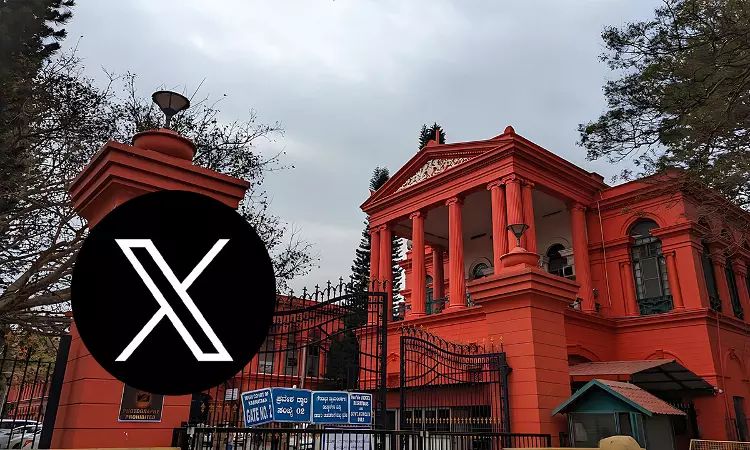Karnataka High Court Grants Last Opportunity To X Corp To Show Compliance Of Blocking Orders
Mustafa Plumber
24 Aug 2023 11:48 AM IST

Next Story
24 Aug 2023 11:48 AM IST
The Karnataka High Court on Thursday granted one more and last opportunity to X Corp (formerly Twitter) to place on record material to show that it had complied with blocking orders issued to it by the Ministry of Electronics and Information Technology (MeiTY) under Section 69A of the Information Technology Act. A Division bench of Chief Justice Prasanna B Varale and Justice M G S Kamal...
